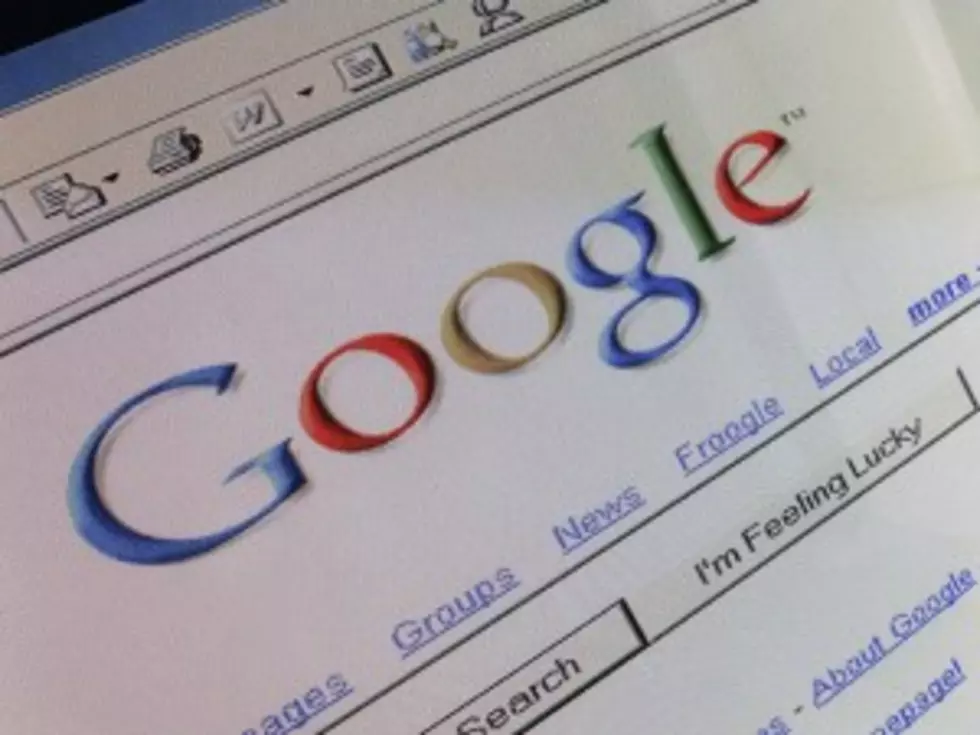
Using the Internet Could Affect Your Memory
Seems Internet resources such as search engines could make you less likely to recall information.
So says a new study, anyway, which sought to discover how likely people are to remember something if they knew they could also find it on a computer.
In one of the experiments, test subjects used the Internet to research 40 trivia facts. Half the participants were told that the information they found would be saved, and the other half were told it would be deleted. Researchers discovered that, as expected, the people who were told the information would be saved were less likely to recall it later on.
In another experiment, a concept known as "transactive memory" - which theorizes we rely on other people and outside resources to store information on our behalf - was tested when participants were asked to remember facts and which of five color-coded computer desktop folders those facts were saved into. The results showed people typically had no problem recalling the folders.
Dr. Betsy Sparrow, an assistant professor of psychology at Columbia and leader of the study, summed it up this way: “I love watching baseball. But I know my husband knows baseball facts, so when I want to know something I ask him, and I don’t bother to remember it.”
More From TSM Interactive









